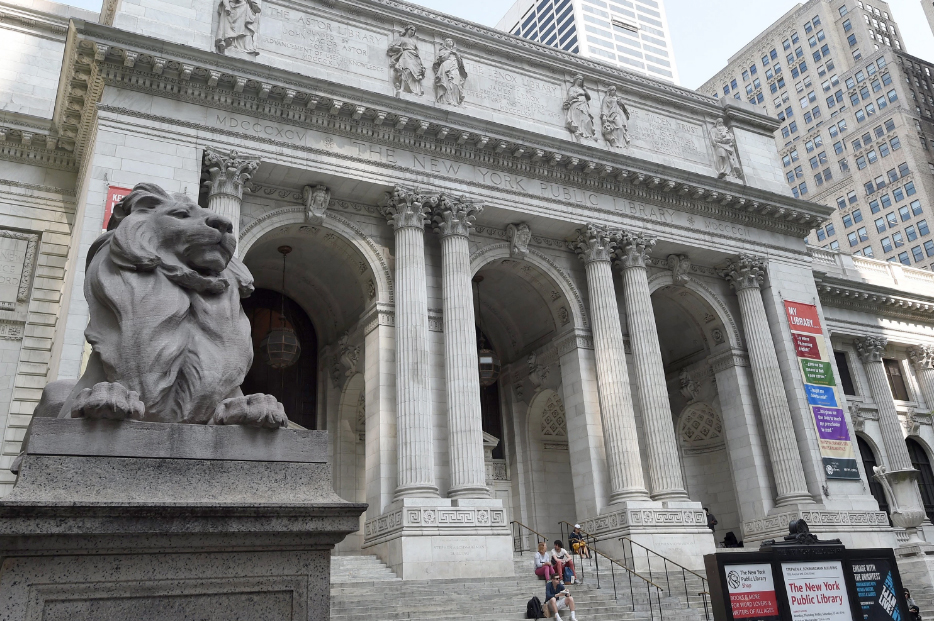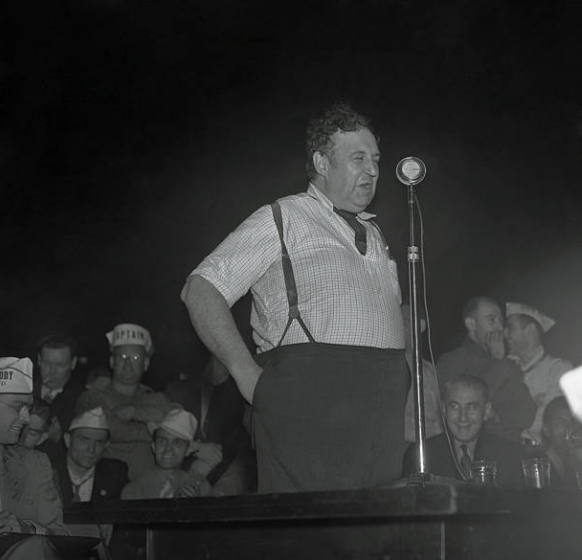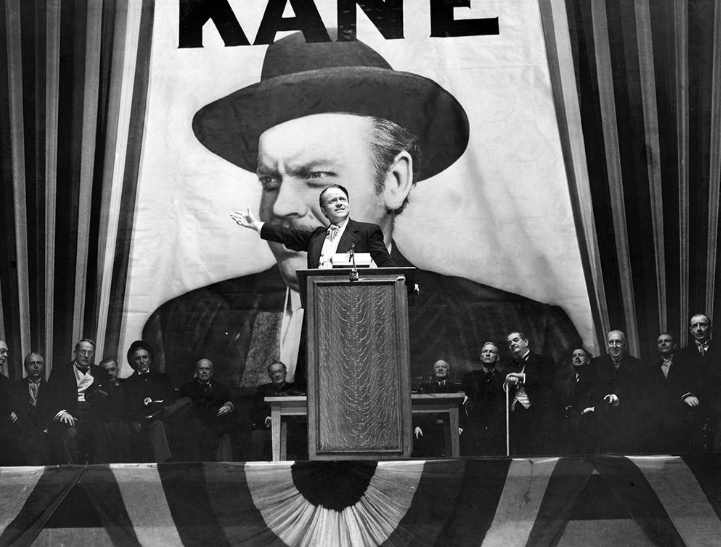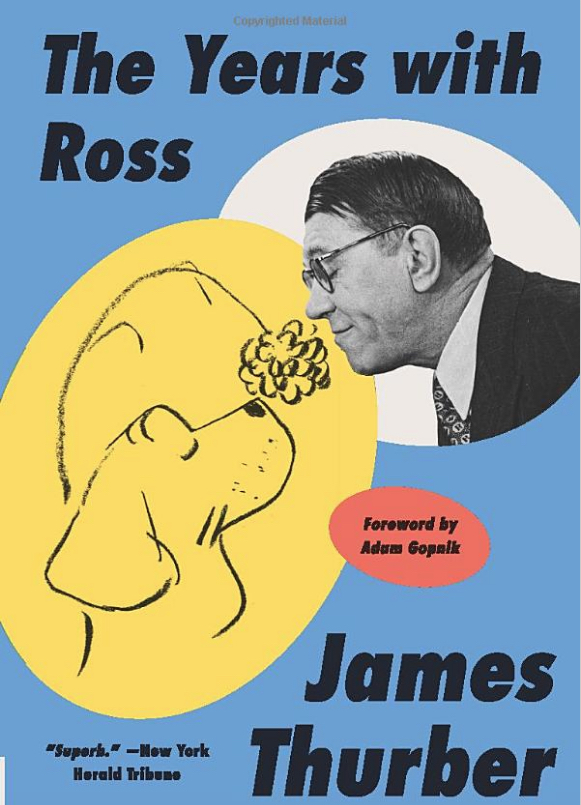The New York Public Library has launched the Community Conversations initiative. On Wednesday, January 31, 6:30 p.m., the Mid-Manhattan branch will host a lecture and conversation “Literary Life in New York: Then and Now” to focus on the Algonquin Round Table history. It will feature Kevin C. Fitzpatrick, author of The Algonquin Round Table New York: A Historical Guide.
The event is free and open to the public. It will be held in the Stephen A. Schwarzman Building, 42nd and Fifth Avenue (476 Fifth Avenue). Enter on the 42nd Street side entrance. Currently the Mid-Manhattan branch is closed for renovations and it is temporarily located in the flagship building of the NYPL.
About the evening: Mid-Manhattan Library is organizing a series of lectures and conversations around the life of the mind for the average New Yorker. Following each public lecture, librarians will facilitate a dialogue with the goal of connecting neighbors and building new relationships through meaningful dialogue about local issues.
The second talk in the series, “Literary Life in New York: Then and Now,” with Kevin Fitzpatrick, focuses on the Algonquin Round Table. In 1919—a century ago next year—The Algonquin Round Table first started having their famous luncheons at the Hotel Algonquin. Since that time a direct line can be drawn through New York from those 30 members of the Vicious Circle. Their impact on books, magazines, theater, film, and music is still around us today. In this talk, Kevin will give an overview of the history of the Algonquin Round Table, and lead us from the New York era of the Jazz Age and speakeasies to the modern era of streaming music and Twitter.
Following the talk, join us for a community conversation on creative life in New York. How has literary life changed in the digital age? Share your insights and join the dialogue. The brand new Community Conversations initiative at The New York Public Library introduces a space for discussion on local topics that matter most to you. Local librarians at select branches will co-facilitate these dialogues with community organizations, inviting anyone and everyone to the table to share and listen. Let’s create a truly democratic space where we can connect together through meaningful dialogue.
Space is limited, reserve free tickets here.






